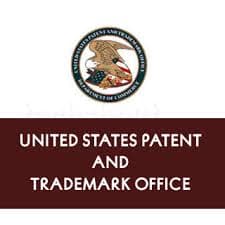 A recent NLJ story, “Plaintiff on Hook for Patent Office’s Attorney Fees,” reports that an “odd” federal law requires plaintiffs who bring lawsuits challenging the U.S. Patent and Trademark Office’s trademark rulings to pay all of the agency’s expenses including attorney fees, no matter which side wins, a Virginia federal judge has ruled.
A recent NLJ story, “Plaintiff on Hook for Patent Office’s Attorney Fees,” reports that an “odd” federal law requires plaintiffs who bring lawsuits challenging the U.S. Patent and Trademark Office’s trademark rulings to pay all of the agency’s expenses including attorney fees, no matter which side wins, a Virginia federal judge has ruled.
Eastern District of Virginia U.S. Judge T.S. Ellis III issued the ruling in Shammas v. Focarino. He ordered plaintiff Milo Shammas to pay nearly $33,000 to cover salaries of agency attorneys who worked on the case and additional money for paralegal salaries and expenses.
Noting that the question was of first impression, Ellis held that the statute in question requires a plaintiff to pay all of the patent office’s expenses for a district court review of a trademark appeal board ruling, win, lose or draw. That includes the salaries of patent office attorneys and paralegals for their case work.
Ellis ordered Shammas to pay another $2,280 in agency attorney fees for work on a motion to strike new evidence that the plaintiff filed after a discovery deadline. Ellis cut that request down from more than $11,000. He noted that Shammas did not dispute the agency’s “entitlement to reasonable attorney’s fees” for work related to that discovery violation.
In a footnote, Ellis called the statute “odd for several reasons,” including that it could encourage forum-shopping. He also noted that the statute’s contradictory incentives for plaintiffs—to hold back evidence from the trademark board in order to seek district court review and, conversely, to avoid district court review because of the fee language. Still, he wrote, the statute’s meaning is clear.
“When the work ‘expenses’ is prefaced with the word ‘all,’ it is pellucidly clear Congress intended that the plaintiff in such an action pay for all the resources expended by the [patent office] during the litigation, including attorney’s fees,” Ellis wrote.
